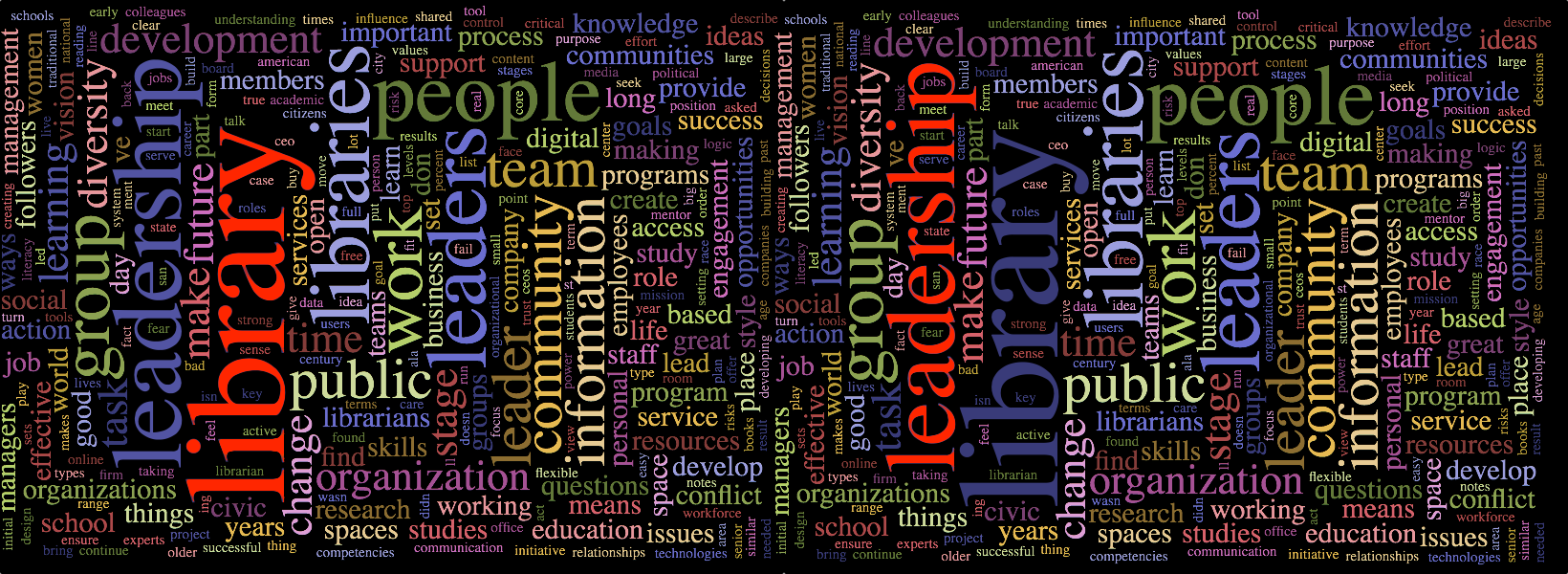From the time my son was about three years old, he looked forward to going to school. We had neighbors down the hall who had two bright and curious daughters in elementary school, and my son really wanted to go to school, too. He was excited to learn new things, meet new people, and, like his friends down the hall, figure things out.
My wife and I remember the day he was brushing his teeth and his gaze wandered – as one’s gaze does when brushing your teeth – and he saw a 3×3 square of dots in the lower corner of the bathroom mirror. After staring at it briefly, he turned to my wife and said through toothpaste frothy lips, “You know, mom, three threes is nine.” At the age of four he had figured out multiplication, which became a subject of happy parent-child conversation for days.
Unfortunately, my wife and I also remember the numerous times – after my son finally started kindergarten and even after he advanced into first grade – when an adult heard that this charming small child before them was in school and loving it, the adult would laugh and say incredulously, “Really?” And then follow up with, “Wait until you have homework! You won’t like it so much then.”
These comments always infuriated us. People – often smart, well-educated people – were teaching our child that school is something to dislike. They were telling our child that learning is something unpleasant. It seems that in America, all children are taught this lesson by the adults around them. And they continue to believe it when they become adults, too.
A meme that periodically appears in one or another of my social media streams attributes the following pithy quote to Isaac Asimov: “Education isn’t something you can finish.”
What he really said, in a 1988 conversation with Bill Moyers, was something a good deal more thoughtful.
[P]eople think of education as something that they can finish. And what’s more, when they finish, [graduation is] a rite of passage…. And, therefore, anything that reminds you of school — reading books, having ideas, asking questions — that’s kids’ stuff. Now you’re an adult, you don’t do that sort of thing anymore. [Y]ou have everybody looking forward to no longer learning, and you make them ashamed afterward of going back to learning….
As a result of this mindset, conversations become exchanges of pronouncements of what we think we know rather than questions to increase what we can know. People seek out information only to confirm what they already believe to be true.
We need to instill in our communities the notion that asking questions, digging up information, learning new things, forming and reforming ideas is fun and valuable. We need to remember that increasing our understanding of each other and the world around us is essential to our own happiness and to the survival of the societies in which we live.
Until very recently, the best (and only) place to find information and new ideas was in books, so we collected books and built buildings to store them. We called these buildings filled with books “public libraries.” Today, libraries are becoming more than warehouses of books, and they are less dependent than they used to be on their physical buildings. Libraries are still information resources – powerful resources for continuing to learn – but the nature of the information they store and the ways libraries deliver that information to their communities is becoming more connected, more discerning, and more complete.
Education in a school is something that can end, but ending is not the same as being finished.
